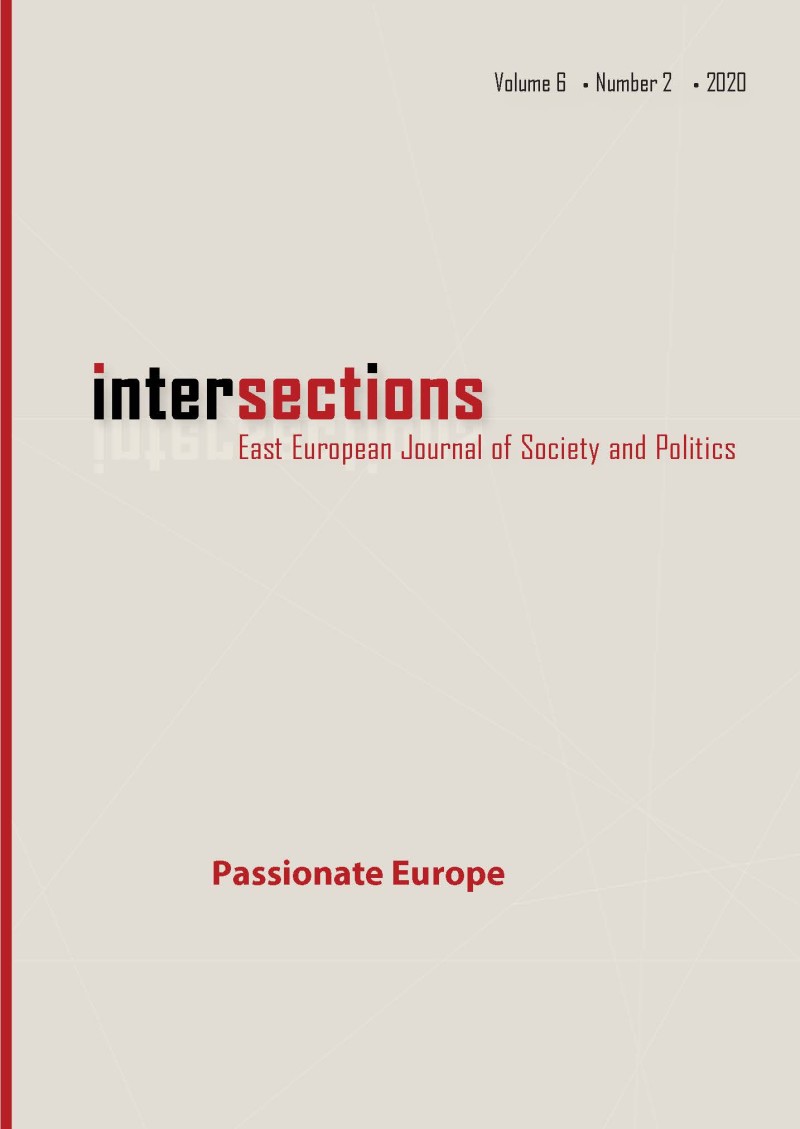Understanding Social Exclusion through Minimum Income Recipients’ Living Conditions
Understanding Social Exclusion through Minimum Income Recipients’ Living Conditions
Author(s): Begoña Pérez-Eransus, Lucía Martinez VirtoSubject(s): Social differentiation, Welfare services, Sociology of Politics
Published by: MTA Társadalomtudományi Kutatóközpont Kisebbsegkutató Intézet
Keywords: minimum income benefits; social exclusion; inclusion policy; UN Sustainable Development Goals; poverty; institutional strategy
Summary/Abstract: There is a long academic and institutional trajectory that understands social exclusion as an accumulation of barriers that hinder social participation. However, stereotypes about misuse and dependency on social benefits continue to be widespread in society. Fighting poverty is the first objective of sustainable development and the UN’s 2030 Agenda for Sustainable Development. Commitment is needed from institutions to disseminate real information about people living in exclusion. This study of the living conditions of Minimum Income recipients in Navarre (Spain) shows that households that stay longer in the scheme encounter serious obstacles accessing employment, including unrecognized physical and mental illnesses, are required to care for dependents, or have weak job skills. The related study was conducted through a database analysis of 14,000 benefit recipients and in-depth interviews with 20 recipients. The results show that inclusion through work continues to play a central role in the fight against social exclusion. However, this remains a difficult goal to achieve for many recipients, and employment does not always guarantee social inclusion due to harsh conditions and low salaries. This article recognizes the inclusive potential of economic benefits, since they prevent the deterioration of living conditions and favor social participation. Finally, it suggests a new institutional strategy based on two activities: designing inclusion-based activities around the real needs of poor people, and promoting the commitment of all actors and agents in society in the fight against poverty.
Journal: Intersections. East European Journal of Society and Politics
- Issue Year: 6/2020
- Issue No: 2
- Page Range: 154-175
- Page Count: 22
- Language: English

